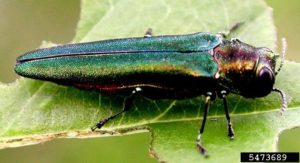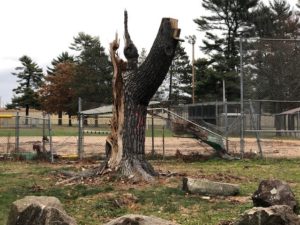The State & Private Forestry Landscape Scale Restoration (LSR) Competitive Grant initiative is a partnership between states and the Northeastern Area State & Private Forestry (S&PF). Its goal is to focus federal investments on issues, challenges, opportunities and landscapes of state importance that also address national and regional themes.
The LSR grant requires a one to one match, and the minimum amount of Federal funds is $25,000. Units of local government, Tribes, non-profit organizations (defined as a 501c3), and universities are eligible to submit applications.
More Information and Resources
Prospective applicants should use the 2020 Wisconsin Forest Action Plan to align project proposals with state and regional strategies and goals. Additionally, refer to the USDA Forest Service S&PF National Guidance for eligibility, proposal requirements, necessary criteria for competitive proposals, changes in this year’s process, and the FY2021 focus achieving on-the-ground outcomes on rural forest land.
Continue reading “Apply now for a FY2021 Landscape Scale Restoration (LSR) Grant”

 Recognizing that trees and vegetation are among the features that make communities special places for residents and visitors, American Transmission Co. will continue funding for planting projects in communities in its service area through its Community Planting and Pollinator Habitat programs.
Recognizing that trees and vegetation are among the features that make communities special places for residents and visitors, American Transmission Co. will continue funding for planting projects in communities in its service area through its Community Planting and Pollinator Habitat programs.
 Last October, the Department of Natural Resources’ Urban Forestry program awarded fifteen communities and
Last October, the Department of Natural Resources’ Urban Forestry program awarded fifteen communities and